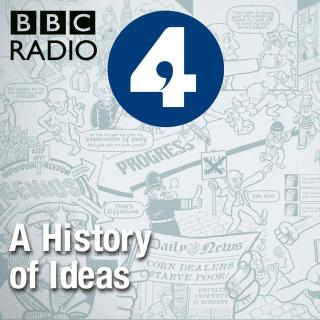Jaksokuvaus
Surgeons of the distant past were little more than skilled butchers, trying to minimise the agony of their bone-sawing craft. Surgery itself was a last-resort and one you might not survive, and if you did, one of many brutal contagious diseases might wipe you out instead. But spool forward through history, past the growth in sanitation, inventions of anaesthesia, antibiotics, radiation therapy and the discovery of germ theory, and look at the world of the present-day medic. Safe, effective drug treatments are par for the course, and surgeons, operating in controlled, clinical environments, can count light-rays and robots-assistants alongside scalpels in their quiver of surgical instruments. Clearly medical technology has come a long way. But along with changing how we look, how we think and how we live, have these developments changed who we are as a species? And are we heading in a positive direction? The meteoric rise of elective, 'cosmetic' surgery is testament to the changing expectations we place on our bodies, but the idea of either drugging or cutting ourselves in pursuit of perfection leaves many feeling uneasy. Not everyone feels this way however; 'transhumanists' believe that it's not just possible, but philosophically noble, to try to break through our biological limitations through drugs, genetic modification, or enhancement therapies. They believe the future of our species relies on actively pursuing the dream of 'Superintelligence, Superlongevity and Superhappiness'. But at what cost?Surgeon Gabriel Weston looks at the past, present, and the weird and wonderful future of medicine to find the answer.
